Ongoing gas shortages are plaguing Pakistan, making matters worse for individuals, companies, and sectors of the economy throughout. This problem emphasizes how critical it is to find long-term solutions in order to maintain energy security and satisfy the rising demand for gas. In Pakistan, gas shortages are becoming a common issue, particularly in the summer when demand rises because more people are using air conditioners and other cooling appliances.
Factors Contributing to Pakistan’s Gas Shortages
The following factors are responsible for Pakistan’s ongoing gas shortages:
Increase in Demand As temperatures rise, more gas is needed as homes and businesses use air conditioning systems more frequently. Supply constraints due to Pakistan’s inability to meet its expanding demand, gas production has lagged behind, creating a supply-demand imbalance. Infrastructure limitations Low pressure and supply interruptions are frequently caused by aging infrastructure and distribution networks that are unable to meet the rising demand.
Impact of Gas Shortages on Pakistan
The gas shortages have severe implications for both the society and economy of Pakistan:
In Households the irregular gas supply makes it difficult for families to cook, heat water, and maintain a reasonable standard of living. Gas-dependent industries, such textiles and manufacturing, face higher operating expenses and production delays, which have an impact on their competitiveness and profitability. Energy crises such as Gas-powered power plants find it difficult to supply enough electricity, which results in frequent blackouts and disturbances to daily life. And economic growth by reducing industrial productivity, deterring investment, and eroding company confidence, the energy crisis impedes economic growth.
LPG: A Cost-Effective and Eco-Friendly Solution for Pakistan
In the current economic crisis, to find ways to cut costs and maximize their efficiency. One of the most effective ways is to make the right choice of fuel. With the recent reduction in LPG prices in Pakistan, now is the perfect time to switch to a cleaner and cheaper fuel source.
LPG supply in Pakistan is the right fuel choice in the current economic climate. providing high-quality LPG that is not only cost-effective but also environmentally friendly. making it even more affordable for commercial and industrial businesses to make the switch to LPG.
One of the main advantages of LPG is that it is a cleaner fuel compared to other fossil fuels such as coal and oil. LPG produces lower levels of harmful emissions such as carbon dioxide, sulfur dioxide and nitrogen oxides. This makes it a much more environmentally friendly option to reduce their carbon footprint and contribute to a cleaner environment.
LPG: Properties and Environmental Impact
LPG primarily consists of LPG (C3H8) and butane (C4H10). It can also contain small amounts of other hydrocarbons. LPG is a byproduct of natural gas processing and petroleum refining. It is extracted during the refining process of crude oil or captured during the extraction of natural gas. LPG is stored as a liquid under pressure. When released, it evaporates into gas. LPG requires pressurized tanks or cylinders for storage and transportation. This makes it more versatile for use in remote areas where pipeline infrastructure may not be available. LPG has a higher energy content per unit volume compared to natural gas. One gallon of LPG contains approximately 91,500 BTUs. Due to its higher energy content, LPG is more efficient for certain applications, such as heating and cooking, where a high heat output is desired. LPG burns more cleanly than many other fossil fuels, producing fewer particulates, sulfur oxides (SOx), and nitrogen oxides (NOx). While it is a cleaner-burning fuel, LPG is still a hydrocarbon and contributes to carbon dioxide (CO2) emissions. However, its overall environmental footprint is lower compared to coal and oil.
LPG: The Best Fuel Choice for Pakistan
LPG is also much more efficient than other fuels. This makes it a more cost-effective option for businesses, particularly those that consume large amounts of fuel such as manufacturing plants, hotels, and restaurants. Furthermore, LPG is a versatile fuel that can be used in a wide range of applications. It can be used for cooking, heating, and as a fuel for vehicles. This versatility makes it a convenient option. Making the right choice of fuel is crucial to cut costs and maximize their efficiency in the current economic crisis.
